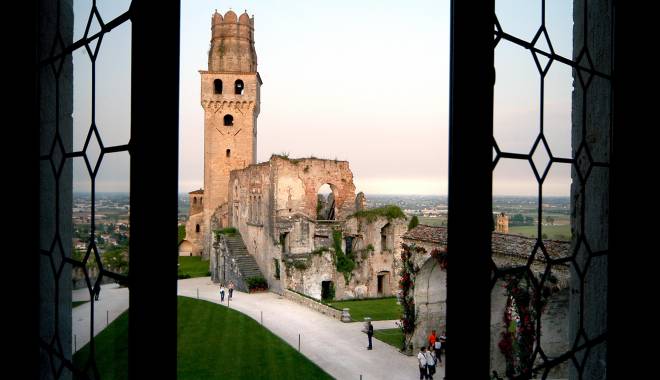The event, organized in collaboration with the Journal of Wine Economics to celebrate the 5th anniversary of the HDSR (Harvard Data Science Review) , had a dual mission : to analyze the union between winemaking traditions and the dynamism of contemporary Data Science technologies and Artificial Intelligence, and design the future of viticulture with intuitions, innovations and collaborations based on Data Science.
Prominent international figures from various fields took part, such as Orley Ashenfelter President of the American Association of Wine Economists, Laura Catena General Director of Bodega Catena Zapata, Jeffrey Meisel Vice President and General Manager of Constellation Brands, Michael Silacci winemaker of Opus One, Mark Sahn CFO of Gallo, Saskia de Rothschild CEO and General Manager of Château Lafite Rothschild.
There were two sessions of the symposium, which was opened by Xiao-Li Meng founder and editor-in-chief of the Harvard Data Science Review, Francesca Dominici Faculty Director of the Harvard Data Science Initiative and Donald St. Pierre co-founder and President of AdaptEdge. The first “Data Science-Driven and AI-Enhanced Wine Economics” explored how wine producers and distributors can leverage the richness of data and AI tools to gain deep insights into consumer behaviors and preferences , evaluate the effects of regulations and public policies, refine their marketing strategies and improve the wine economy effectively and responsibly.
The second was dedicated to "Climate and Grapes" and addressed the question of how in a world where climate change continually redraws borders, Data Science can be the compass that guides the evolution of viticulture. It was opened by Marco Simonit with a speech dedicated to vineyard design in the face of climate change, which attracted considerable interest.
“Climate change has become a relevant issue in recent years - explains Marco Simonit - We knew that we would have to face new challenges in many aspects of our lives, but we believed that it would be a problem for the next generations. However, we have recently realized that climate change is here, we can see it and experience its effects every day. The effects of climate change (rise in average temperatures, extreme events such as drought, heat stroke, strong storms...) are causing an ever-increasing frequency of effects on the main wine-growing districts of the world."
“To escape these problems, new viticultural areas are needed - he specifies - So we have focused on two points that we consider essential. First of all, for the northern hemisphere, considering the shift north of vine cultivation already underway, the search for new wine districts in cooler areas. And then what we could call "High Altitude Viticulture" , or the planting of vineyards at higher altitudes.”
“In this context - he concludes - it is useful to promote the resilience of plants to climatic variables : on the one hand, preserving the efficiency of the water conduction system in the plants and improving the reserves in the living wood, on the other by managing shoots and bunches in compliance with the rules that guarantee the vigor of the plant. Planting densities should be reconsidered, in order to reduce water/resource use and have sufficient space for the development of plant architecture . We need to design dynamic architectures , which can be developed and modified based on the life of the plant: they will form the backbone of the shoots and bunches and will become a key point for adapting the plants to their terroir."

05/01/2014

21/07/2014

22/09/2014

20/01/2015